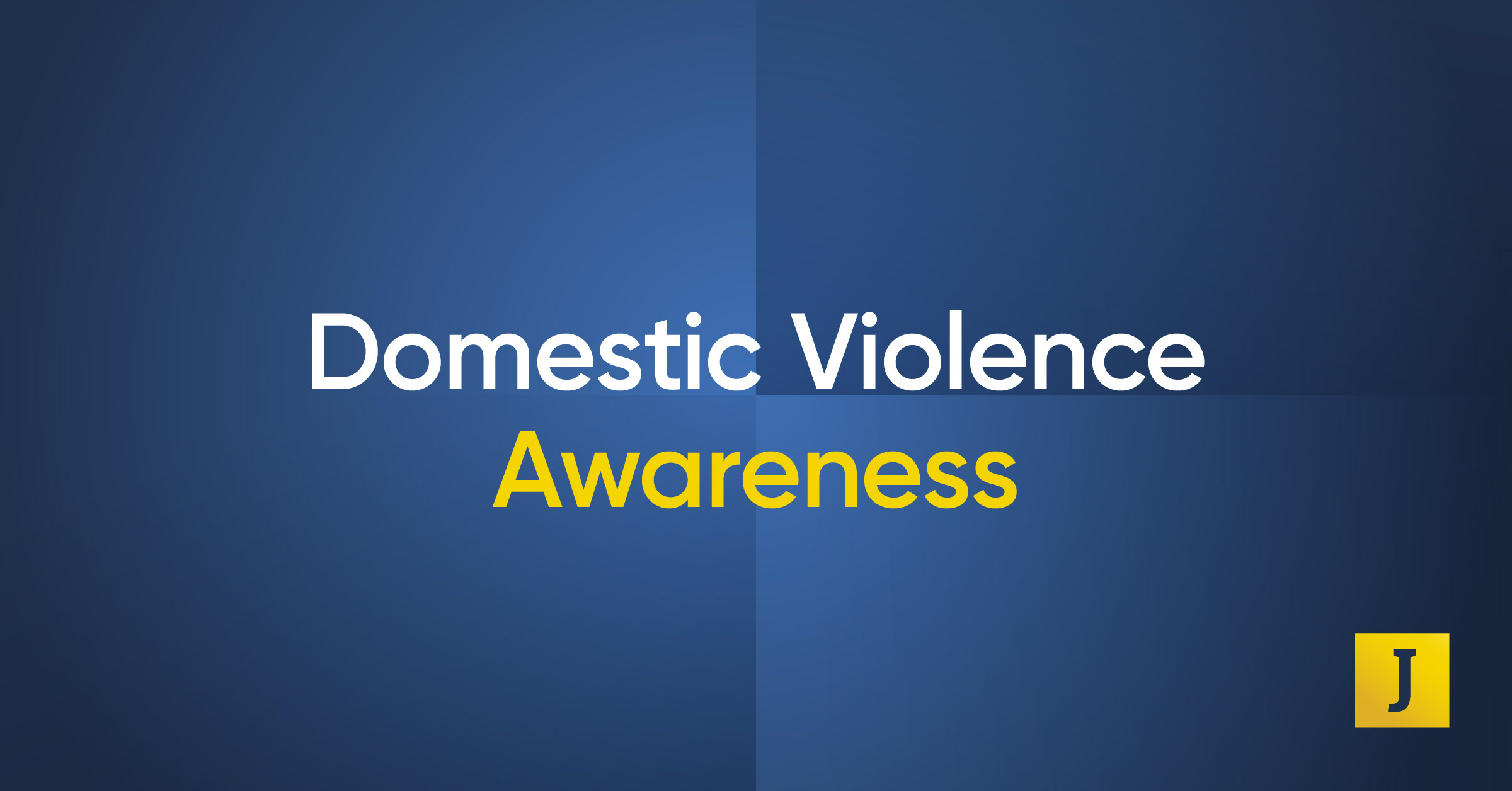Domestic abuse is a serious issue affecting the lives of approximately every 1 in 100 women, men, and children.
With previous national lockdowns forcing families to stay at home, a significant spike in domestic abuse was reported across the country, with many people still unable to reach crucial support networks when they needed it most.
What is domestic abuse?
A statutory definition of domestic abuse outlined in the Domestic Abuse Act 2021 states “The significant act recognises a wide range of abuse, including emotional and economic abuse, coercive and controlling behaviour, and extends the offence to cover post-separation abuse”.
Having a statutory definition of domestic abuse is a first; highlighting a movement for professionals who are now able to take a zero-tolerance approach.
The new statutory guidance also ensures the Local Authority and Police have a clear understanding of how to work with victims depending on the type of abuse they have suffered.
The influence of the media
Increasing awareness of domestic violence has become a focal point for mainstream media, with stories from popular TV shows now receiving extensive coverage.
Controlling behaviour has recently hit the headlines as a result of some contestants’ behaviour in the popular TV show ‘Love Island.’ This has included contestants displaying signs of possessiveness, gaslighting, and manipulative behaviour.
Whilst it may be an entertaining reality show to some, it has been consistently criticised by domestic abuse charities for portraying unhealthy relationships and early warning signs of emotional abuse. Women’s Aid have issued a statement to highlight the intervention needed by producers on a more frequent basis to consider the welfare of contestants, rather than televising the behaviour for ‘entertainment’ purposes.
A perpetrator of domestic violence may consistently use this type of controlling behaviour to gain and maintain power over their victim and to further manipulate them. Despite more awareness of domestic violence, statistics demonstrate that there has been little change in the number of cases reported in recent years. In fact, the Office for National Statistics outlined that 5.7% of adults aged 16 to 59 years experienced domestic abuse in the year ending March 2022.
How can a Family Solicitor help you?
Here at Jefferies, we understand that it can be incredibly difficult to accept, acknowledge, and leave an abusive relationship. It’s important to take the necessary steps to prevent further abuse. There are some things that domestic abuse survivors can do, including confiding in a third party, keeping a recorded document of events, and phoning the police if there is any immediate risk of harm to themselves or their children.
Our team of Family Law Solicitors can further support you by applying for a Non-Molestation Order to legally protect you from any harm. This Order prevents someone from using violence against you, harassing, or intimidating you. In addition to this, we can assist with an Occupation Order application which may be necessary to remove a perpetrator from your home. Breaching any of these Orders is a criminal offence and can result in the involvement of the Police and a prison sentence of up to five years.
Eligibility for free help
You may be entitled to Legal Aid for a private Family Law Dispute. If you have been a victim of domestic abuse and cannot afford to pay the legal costs, Legal Aid is funded by the government and will cover the cost of your legal advice, representation, and court fees.
You will be required to provide evidence that you have been a victim of domestic abuse, which can include documents from relevant criminal proceedings, a disclosure letter from a domestic violence organisation, or bank statements which demonstrate that you have been a victim of financial abuse.
We also work closely with agencies supporting victims and can refer you to the most appropriate support. The National Domestic Abuse Helpline is a free 24-hour helpline that can provide you with the necessary support and can refer you to emergency accommodation.
If you are in any immediate danger, please contact Emergency Services on 999.
Here for you
Our law firm in Essex is here to help you. If you need help from a Domestic Abuse Solicitor in Southend and would like to discuss meeting with one of our Family Solicitors, such as Anne-Marie, for support or advice, please call 01702 332 311 or contact us here.
Our Firm of Family Lawyers in Southend, Chelmsford, and surrounding Essex areas are highly trained and hold a variety of accreditations; the Family Law Team are experts in their field and offer confidential and practical advice to help you.
If you are impacted by this post and are seeking separation or divorce, our specialist Divorce Solicitors can help.
The contents of this article are for the purpose of general awareness only. They do not purport to constitute legal or professional advice. The law may have changed since this article was published. Readers should not act on the basis of the information included and should take appropriate professional advice upon their own particular circumstances.
If you are in immediate danger, please contact emergency services.
